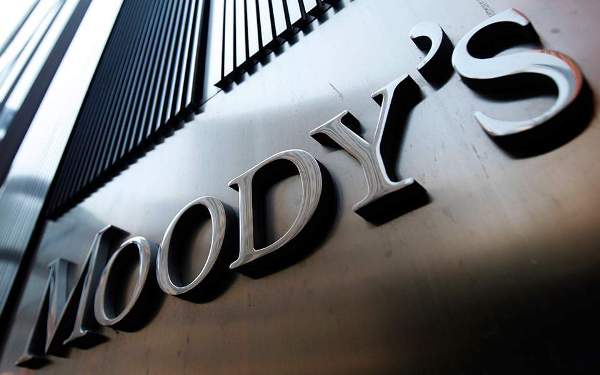ISLAMABAD: Moody’s has said that the International Monetary Fund’s (IMF) Special Drawing Rights (SDR) could provide ‘meaningful support’ to countries like Pakistan.
The newly created International Monetary Fund’s (IMF) Special Drawing Rights (SDR) would augment sovereigns’ foreign exchange reserves, most tangibly for lower-rated sovereigns with thin external buffers, although their direct effect in alleviating prevailing external liquidity pressures will be modest, Moody’s Investor Service said.
Measured against upcoming cross-border debt repayments, the additional SDR allocations could provide meaningful support for Pakistan, Zambia, Suriname, Tajikistan and Namibia, said Moody’s.
On April 8, the International Monetary and Financial Committee (IMFC), an advisory body to the IMF, officially called for a comprehensive proposal on a general allocation of $650 billion in new Special Drawing Rights (SDRs) in response to the coronavirus pandemic.
SDRs are international reserve assets that have been created to supplement IMF member countries’ official foreign exchange reserves; SDRs can be exchanged for currencies to help meet cross-border payments, including those for debt servicing and merchandise trade.
While these additional resources would help alleviate external liquidity pressures, they would not solve fundamental credit challenges, such as those that led to the recent default in Zambia.
As per the quota under IMF, Pakistan holds around 0.426 per cent share in total SDR which suggests that the above development can fetch a benefit of up to $2.5-3 billion for Pakistan which shall provide much-needed relief for efficient management of external payments.
By contrast, 99 rated developing sovereigns would receive $226.2 billion or 34.8pc of new SDR allocations, of which $139.0 billion or 21.4pc of total new allocations would be directed to the 10 emerging market economies in the Group of 20 (G-20).
For most of the latter group, deepening domestic capital markets and an established funding franchise in international markets reduce the credit benefits from the addition to reserves represented by the SDR allocation. As such, less than 15pc of the SDR allocation would accrue to non-G20 emerging market and frontier market economies – those suffering the most in the current global downturn, Moody’s stated.
Developing economies with the most fragile external positions are the most likely to benefit from the SDR allocation, Moody’s added.
Although the final proposal that would govern the use of these SDRs is forthcoming, some of the largest governments may voluntarily purchase SDRs from vulnerable sovereigns in need of liquidity support, Moody’s concluded.




